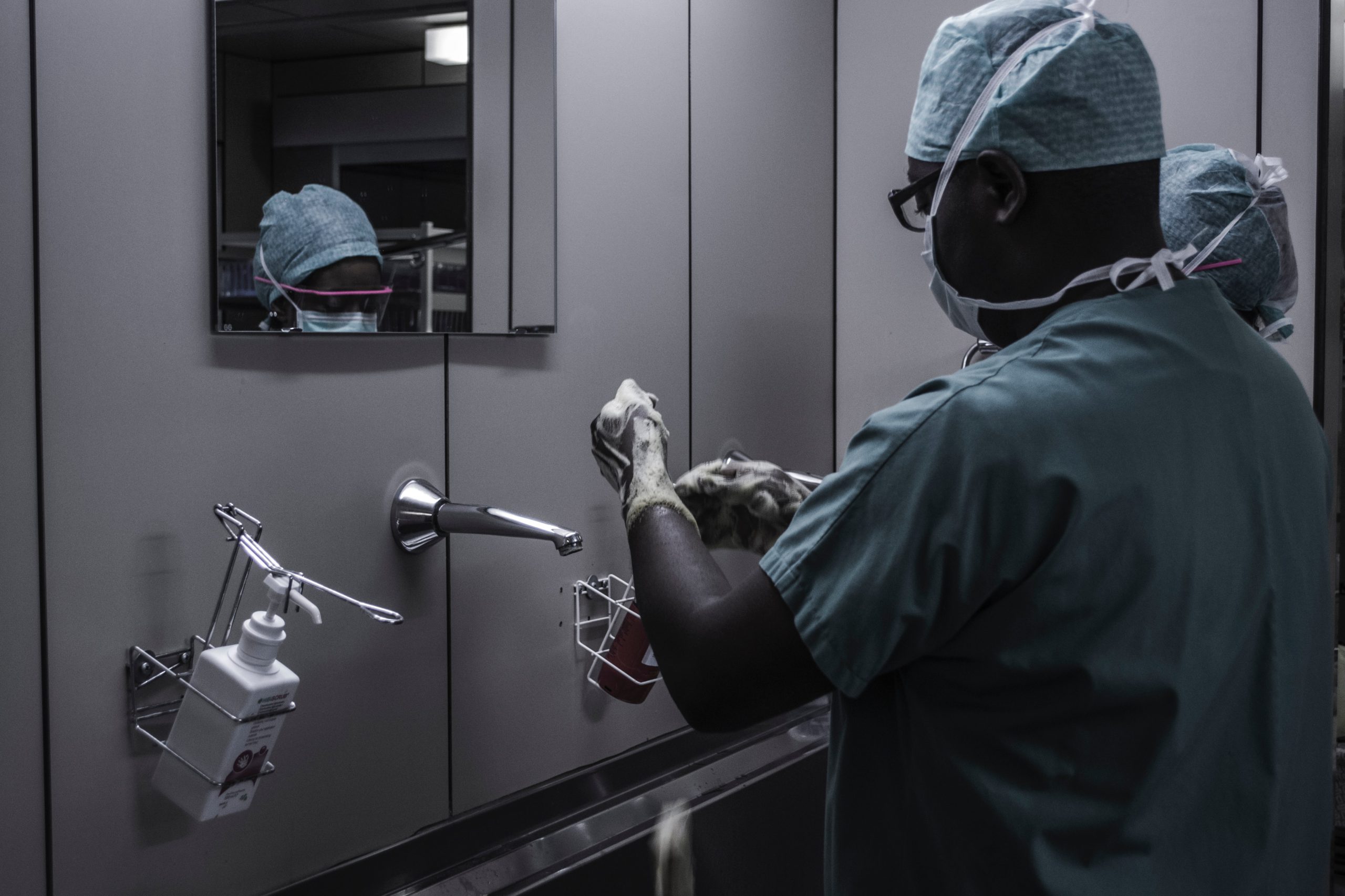Patient Safety Awareness Week is an annual recognition event intended to encourage everyone to learn more about healthcare safety. Patient safety is about preventing and reducing harmful medical incidents that lead to adverse effects. Studies suggest that as many as 400,000 deaths occur in the United States each year as a result of errors or preventable harm. While not every case of harm results in death, they can cause a long-term impact on the patient’s physical health, emotional health, financial well-being, or family relationships. Preventable harm is expected to cost the U.S. and European healthcare systems $383.7 billion. The bulk […]



